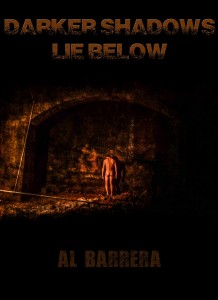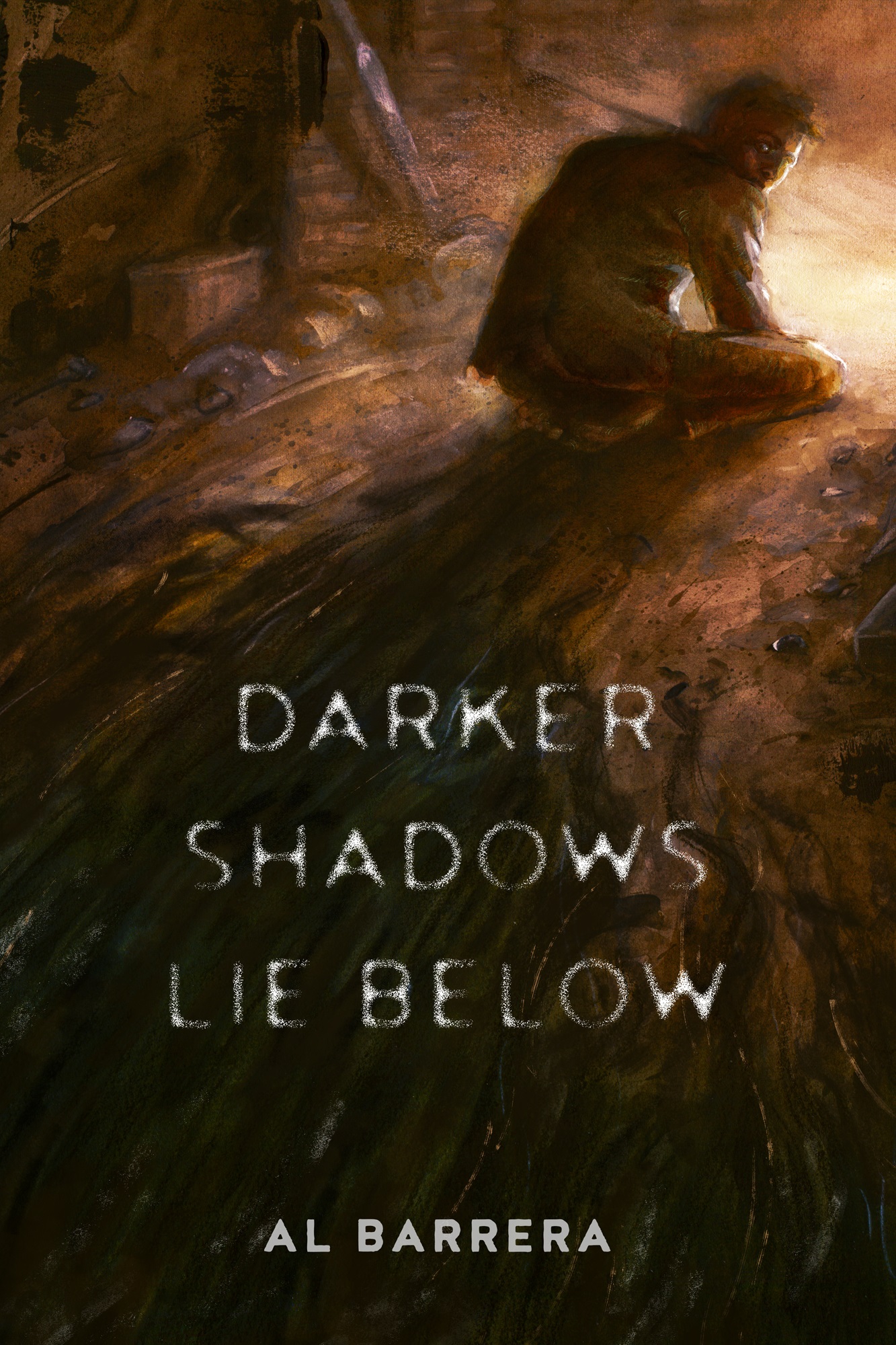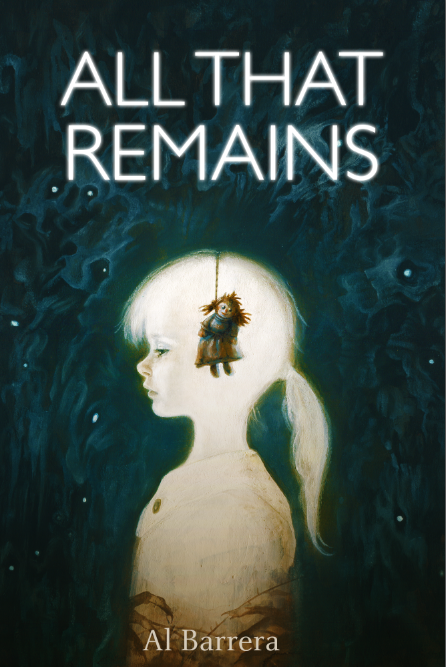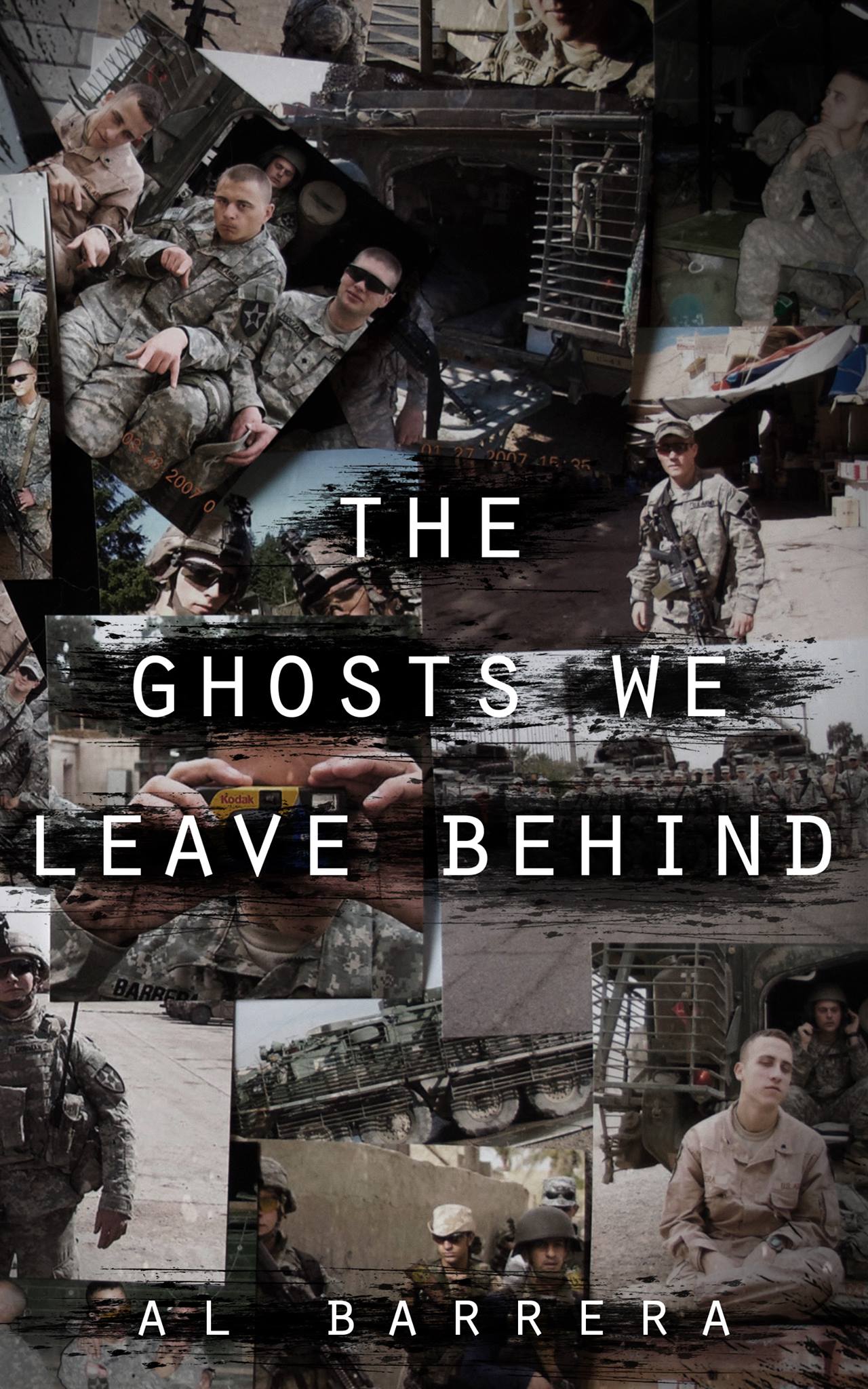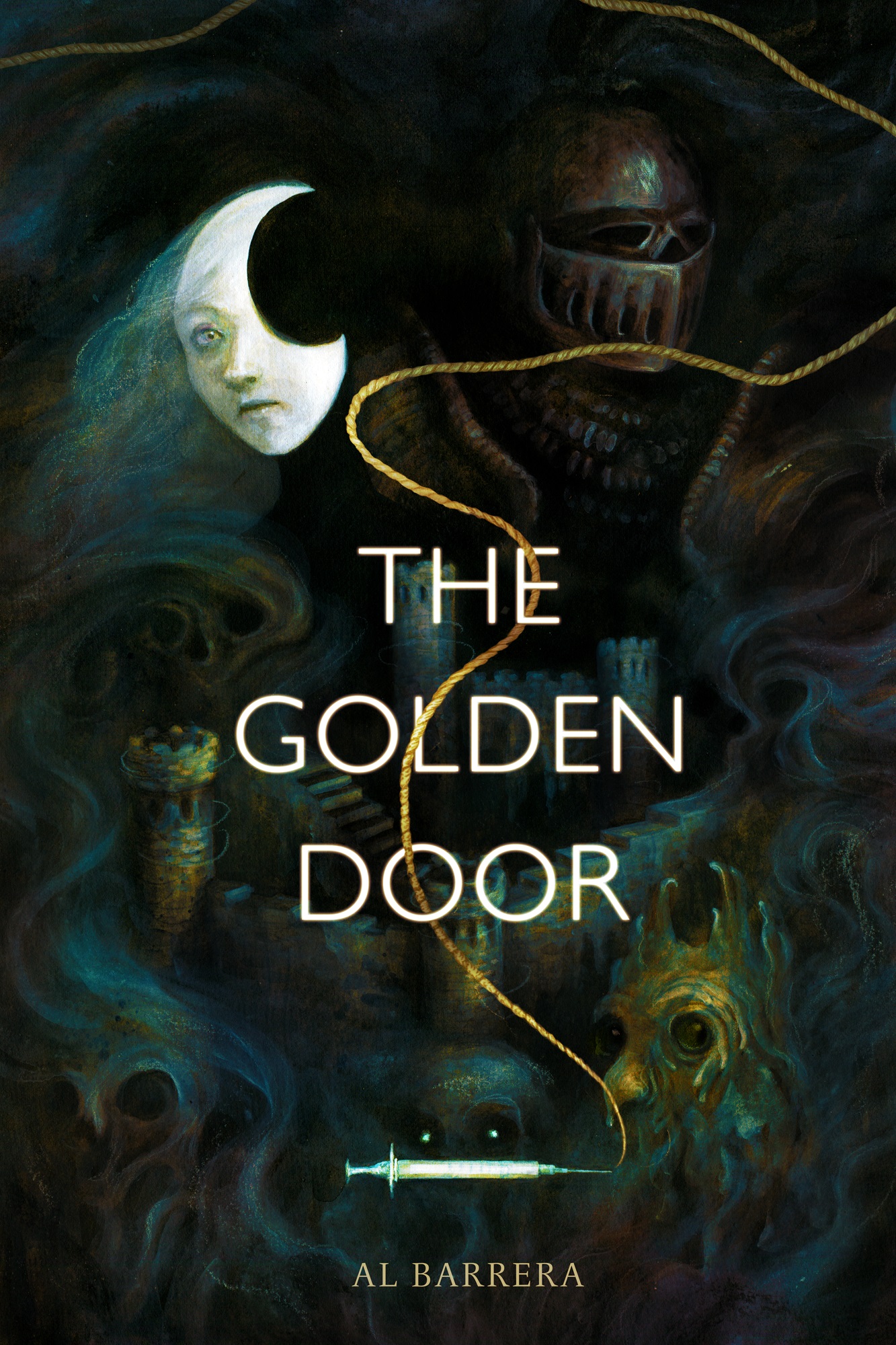It took him a long moment to realize she was speaking to him. “It’s okay, son, don’t be shy. Step up. We’re all brothers and sisters in addiction here.”
The young man stood out of his folding chair. The gym closed in around him, making his head sway from the sudden pressure of a dozen and a half pairs of eyes on him. He blushed, but it was past the point of no return already. His feet were moving before his mind caught up. One step, then another. Before he knew it he was in the isle and heading for the podium. Anne Rice stepped aside as he climbed the steps and stood in front of the audience.
For a moment he just looked out at the crowd. There weren’t more than twenty, but right then it felt as if the whole world were watching. “You can just tell us your name if you want. Or you don’t have to say anything at all. This is a safe place.”
Safe seemed like a strange word to apply to a grade school gym, but he had to admit, the stares of the crowd did look blessedly free of judgment. He leaned into the microphone to speak. “My name-” The feedback nearly deafened him. He moved his head back a few inches and laughed nervously. When the silence had reasserted itself he spoke again. “My name is Joe.” He swallowed hard. “And I have a writing problem.”
The crowd spoke out in unison, making him jump. “Hi, Joe.” For a second he wanted to run off the stage and out the door behind them. If portals to sanctuary were a real thing, then that’s what he imagined they must look like. But that’s all it was, just the illusion of freedom. He had a problem, and he’d take it with him wherever he went if he didn’t do something. It was now or never. The last chance to hit the emergency stop button before the life train went careening off the tracks.
“It started small. I’d just doodle stories in the margin of my homework when I was a kid. My parents weren’t around. I made friends with Dr. Seuss and R.L. Stine because they were the only other people on the block. They seemed like really nice guys at first.” The sudden burst of honesty made his head spin. He’d never told anyone about Seuss, not even Rachel Aaron before she left him for Pat Rothfuss. “But, you know how it goes. One minute it’s just reading stories under the nightlight, and the next thing you know you’re scribbling sloppy prose behind the English building at school.”
A few murmurs from the crowd grumbled in agreement. Their noise emboldened him. He took another deep breath and continued. “Stine got me started on the harder stuff. My teachers always told me Harry Potter was a gateway read, but I didn’t listen. Next thing I knew five years had passed and I was writing fanfics about Wizards and Jedi fighting Ringwraiths. I… I don’t know when things got so out of control. I was just a reader.”
He stared up into the rafters. He hadn’t realized his knuckles were white from gripping the edge of the podium until Anne put her hand over his. “We all know your pain. You don’t have to go on.”
He shook his head. “No. No, I want to finish.” He looked out over the crowd, trying not to see any of the individual faces. Stephen King nodded his head from the front row, silently urging him to continue. “Before I knew it I was into the heavy stuff. For Whom the Bell Tolls. Pride and Prejudice. The Pit and The Pendulum. At the Mountain of Madness. I kept a copy of the Elements of Style next to me in case I ever got too gorked out. I had to use it a lot. My punctuation is terrible.” The crowd laughed a little. “Now I’m starting to release books, but it’s all so big. I don’t know how I got here. I’m so scared everyone’s going to think I’m a hack.” Joe took in a deep breath, willing his rising panic to stand down.
R.A Salvatore stood up in the back of the room. “It’s alright, man. I was writing Star Trek fic when I was your age.”
Chuck Wendig stood. “I wrote myself and my girlfriend into Middle-Earth at eighteen.” He forced a smile, not meeting any eyes. “I was an Elf and she was a Hobbit.”
In the back of the room Clive Barker got to his feet. “Hellraiser started as erotica… I’m sorry.”
The room burst into laughter, and suddenly everyone was applauding. Anne came put a hand on his shoulder. “We all took that journey. Don’t worry, sweetheart. We can fix you up with a good editor. You’ll always be a writer, but with proper treatment, you won’t end up on the ‘Worst Authors to Ever Walk the Earth’ list on Goodreads.”
Tears fell down his face and his vision blurred. The applause blocked out everything else. This really was a safe place. “Thank you.” He sniffed the emotion out of his voice. “I promise I’ll never publish a story with spelling errors again, even on my blog.”
Anne smiled at him. “Just listen to the little voice in your head telling you not to ignore your beta readers. You’ll be okay, I promise.”

